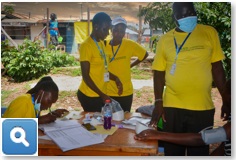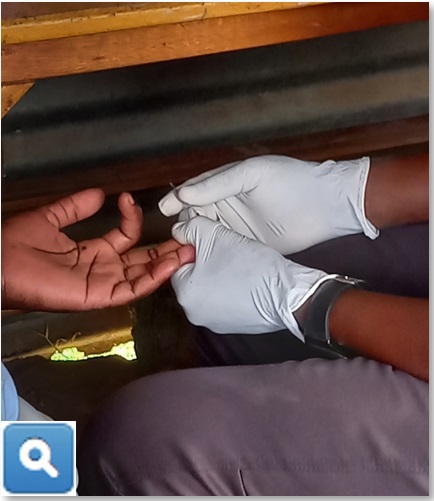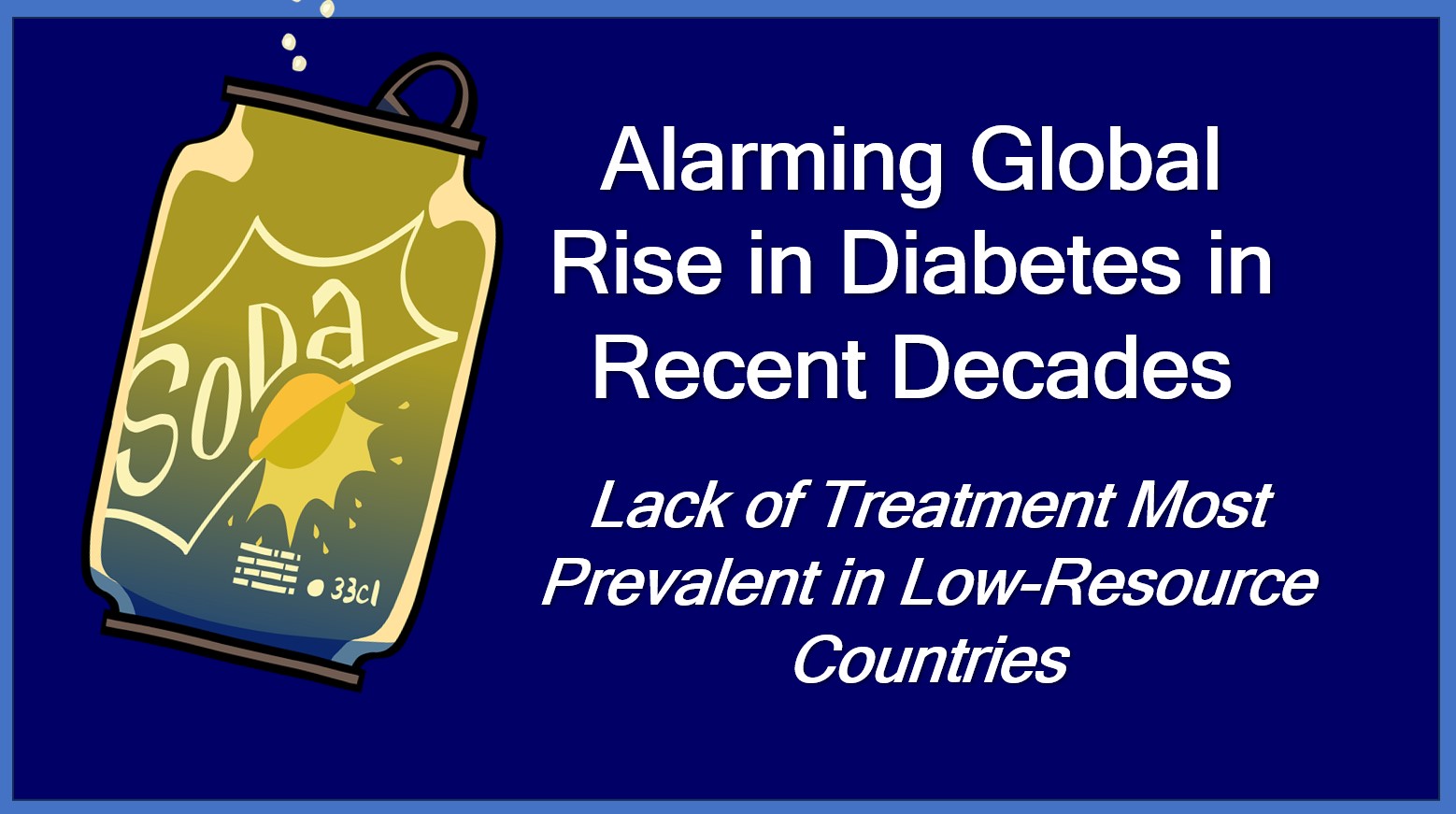By Allison Kozicharow; Edited by Elizabeth Fine
 Diabetes is a global epidemic. The World Health Organization recently reported that the number of adults with diabetes has quadrupled since 1990, leading to an increase in the disease, especially in low-and middle income countries.
Diabetes is a global epidemic. The World Health Organization recently reported that the number of adults with diabetes has quadrupled since 1990, leading to an increase in the disease, especially in low-and middle income countries.

In addition, new research identifies a major culprit in the rise in diabetes cases: sugary drinks. For example, “[i]n Sub-Saharan Africa, the study found that sugar-sweetened beverages contributed to more than 21% of all new diabetes cases.” These drinks are popular and readily available more and more in underserved areas of the world.
The global upsurge in diabetes also underlines the disparity in treatment. That is where WiRED International’s community health workers (CHWs) come in. They play a vital role in their communities where professional health care is scarce or nonexistent. For instance, WiRED CHWs working in western Kenya are trained to screen individuals for diabetes and high blood pressure. In routine Health Screening Clinics, they test blood sugar levels, referring people to higher-level evaluations if appropriate.
Screening for diabetes is crucial because often people have no idea they have the disease. Diabetes is linked to heart disease and stroke, so after diagnosis it is important for sufferers to learn to manage their illness and control their sugar intake by adopting healthy habits.
CHWs can easily access WiRED’s 400+ library of modules with our new HealthMAP app to restudy health topics or learn new ones. WiRED offers an entire series on diabetes in 14 modules covering such aspects of the disease as:
 Introduction: an overview of type 1, type 2 and gestational diabetes
Introduction: an overview of type 1, type 2 and gestational diabetes- Separate guides for patients, caregivers, healthcare providers
- Diet and exercise
- Keeping healthy
- Eyes
- Feet and skin
- Heart and blood vessels
- Kidneys
- Nervous system
- Teeth and gums
Reducing the risk of diabetes is a worldwide concern. WiRED believes that screening for diabetes and learning how to prevent it is something which should be promoted by everyone — CHWs, schools, health NGOs and health ministries.


